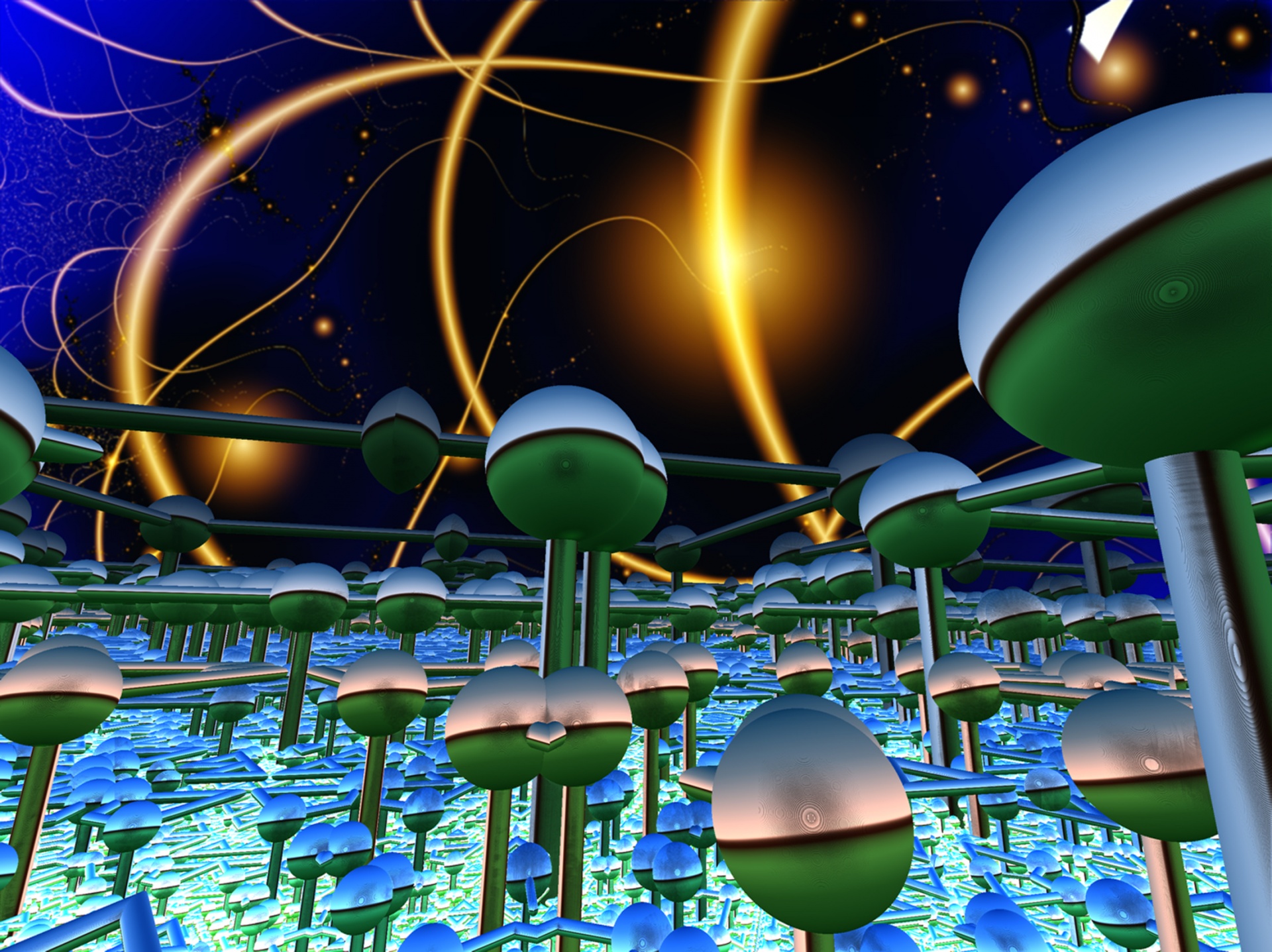The Bahá’í teachings present a compelling narrative regarding the prospects of humanity’s future, oscillating between visions of despair and hope. These teachings, rooted in the principles of unity, peace, and justice, compel adherents to contemplate the trajectory of human civilization. This article explores the dualistic nature of humanity’s future as perceived through a Bahá’í lens, drawing on the integration of spirituality and social progression.
At the outset, it’s essential to acknowledge the prevailing pessimism that often permeates discourse about the future of humanity. With dramatic climate shifts, geopolitical discord, and moral decay, many find themselves entrenched in a narrative painted in stark hues of bleakness. However, these disheartening realities often obscure latent possibilities for transformation and redemption. The Bahá’í teachings, rich in both spiritual and practical guidance, advocate for the potential of humanity to transcend these challenges and cultivate a society steeped in harmony and collaboration.
Central to Bahá’í thought is the concept of the oneness of humanity, which posits that all individuals, regardless of race, creed, or nationality, are interconnected. This philosophy challenges the divisive constructs that often lead to conflict and misunderstanding. Acknowledging this interconnectedness can mitigate apprehensions about the future, as it encourages cooperative global action to address pressing issues. By fostering a sense of solidarity among disparate groups, the Bahá’í teachings advocate for a collective approach to problem-solving that holds the key to a more harmonious future.
Moreover, the Bahá’í faith promotes the idea of progressive revelation, suggesting that humanity receives divine guidance in phases, tailored to the evolving needs of society. This principle fosters an understanding that current challenges may serve as fertile ground for the emergence of a new, more enlightened civilization. It reminds adherents that humanity has continually adapted and transformed throughout history, often in response to adversity. Consequently, the recognition of past triumphs in the face of difficulty cultivates a hopeful perspective for future generations.
In contemplating the future, the significance of education emerges as a cornerstone of Bahá’í teachings. The empowerment of individuals through knowledge not only enhances personal development but also cultivates a populace capable of contributing meaningfully to society. Education is seen not merely as an academic pursuit but as a moral imperative. By investing in the education of all, particularly women and marginalized groups, the Bahá’í community envisions a society characterized by equity and opportunity. This holistic approach to education can ultimately mitigate the bleakness often associated with future prospects, as it lays down the groundwork for social justice and collective advancement.
Furthermore, the Bahá’í vision of the future incorporates the concept of a global governance system. The need for a unified global framework becomes increasingly urgent as nation-states grapple with issues that transcend borders, such as climate change and pandemics. The Bahá’í teachings suggest that a global approach to governance—rooted in justice and equity—might quell the grim narratives that typically accompany discussions about humanity’s fate. This governance is not imagined as authoritarian but rather as a collaborative effort aimed at fostering peace and cooperation among nations. The embrace of universal laws and ethical principles can facilitate shared visions for the future, thereby alleviating fears of inevitability regarding dystopian outcomes.
In addition to governance and education, the role of spiritual development cannot be overlooked in Bahá’í thought. The cultivation of virtues such as compassion, humility, and service is paramount for personal and societal evolution. These traits serve as catalysts for transforming individual conduct, engendering environments where empathy and mutual respect flourish. A spiritually enriched populace may be better equipped to navigate the complexity of contemporary life, fostering resilience in the face of adversity and instilling hope for a brighter future.
Introspection is essential when considering the future of humanity. Adherents are encouraged to analyze their contributions to society and the extent to which they embody the principles of the Bahá’í teachings. This personal accounting can inspire proactive behaviors that ripple outward, fostering change within communities. The Bahá’í teachings assert that individual actions, however small, can engender significant repercussions—an empowering notion that inspires optimism in the potential for change.
A holistic perspective that incorporates the interconnectedness of humanity, commitment to education, global governance, and spiritual development reveals pathways toward a more blissful future. The duality of the human experience—simultaneously fraught with challenges and brimming with potential—is mirrored in the teachings of the Bahá’í faith. As individuals and communities engage in this transformative process, they may find themselves equipped to face the future with hope rather than despair.
Consequently, rather than framing the future of humanity in terms of binary outcomes—bleak or blissful—it may be more accurate to conceive of it as a continuum. This perspective underscores that while challenges are inherently present, so too are opportunities for growth, healing, and unity. In this light, the Bahá’í teachings urge humanity to lean into hope, cultivate virtues, and collectively strive for a future characterized by peace, justice, and collaboration.
In conclusion, the Bahá’í vision exemplifies a paradigm that encourages individuals to not merely predict outcomes, but actively participate in shaping them. By adhering to the teachings of unity, educating future generations, promoting global governance, and nurturing individual spiritual development, humanity can navigate the complexities of the contemporary era. This proactive stance infuses meaning and purpose into the ongoing narrative of human existence—ultimately guiding it toward a conscientious and hopeful tomorrow.
